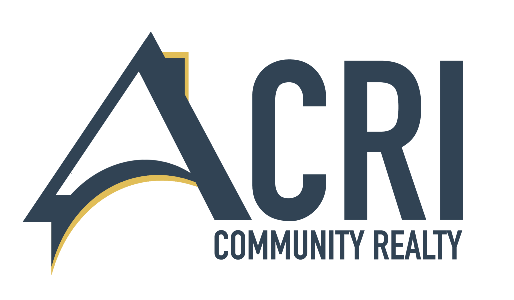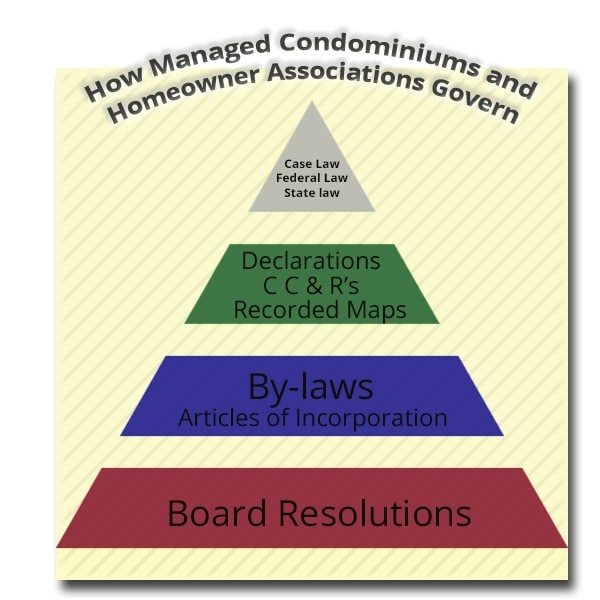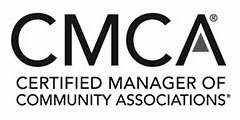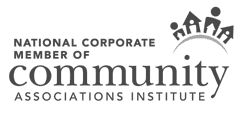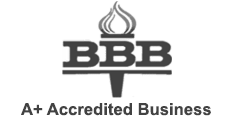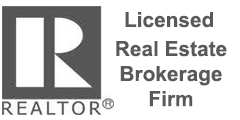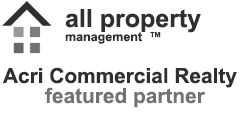Condominium Ownership is not for all.
It is unique and very different from owning a single family home
When a person purchases a traditional single family dwelling, the individual owns the whole thing, the inside, the outside, all the land and everything that’s on the land. When buying into a condominium community, however, the individual becomes the sole owner of only the inside of the unit, not the outside. Exterior walls, the roof, the streets, the land, the landscaping and any facilities on community property are called “common elements” and these “common elements” are owned jointly by all the unit owners in the community.
Each unit owner in a condominium community shares equally in the cost of operating and maintaining these “common elements.” That is why condominium owners pay a monthly maintenance fee, so that there will be enough money available to take care of all the common elements in the entire community, plus a whole lot more. Things like insurance for the exteriors of all the units in the development, year-round landscaping and snow removal service for the common property, payment of the electric bill for the streetlights, legal fees, postage and printing costs, upkeep of a pool if there is one. All of these are costs are paid out of the monthly maintenance fees. Plus, the same pot of money is used to repair, replace and maintain all of the common elements.
The unit owners, as a group, comprise the Homeowners Association and every(so many)years at the annual meeting, the association elects a board to govern the affairs of the Association depending on the governing documents.
By delegating the management of the common areas to the board, unit owners can enjoy a lower-maintenance lifestyle which is the hallmark of condominium living.
Many Associations hire a management firm to help the Board of Directors manage the property assets, prepare financial budgets and contract for services. The management company is likely to save association funds when contracting for services due expertise and experience in contract negotiation and litigation.
The Executive Board is the body that is legally empowered to regulate the use, maintenance ,repair replacement and modification of the common elements. That is why any alterations to the exterior of units or other common property must be approved by the Executive Board before an owner can proceed to make any changes in them. This is clearly different from individual home ownership and is what some new condominium owners initially stumble over.
In summary the key the difference between Condo Ownership vs Single Family Homes is the addition of governing documents. The Executive Board is the body that adopts a separate set of rules and regulations that all residents of the community are required to follow. Again, this is different from traditional home ownership.
